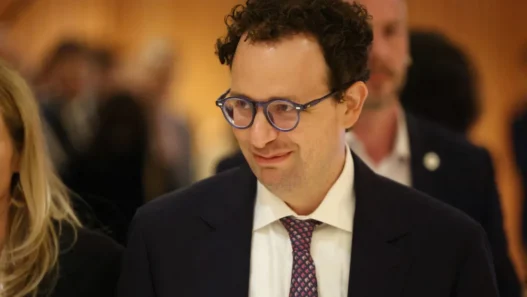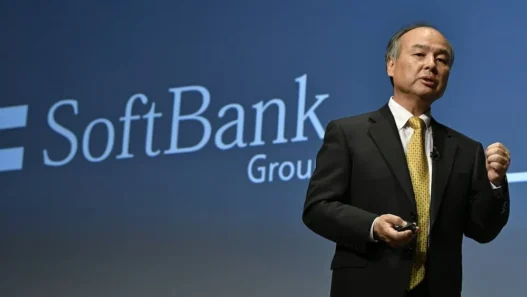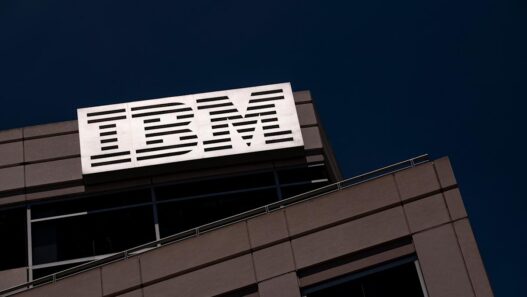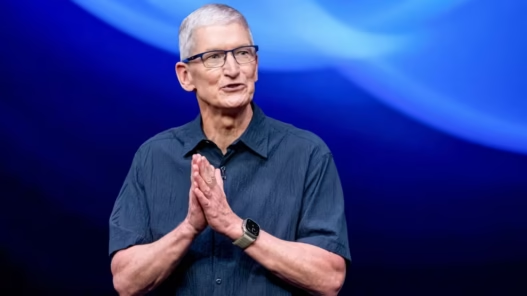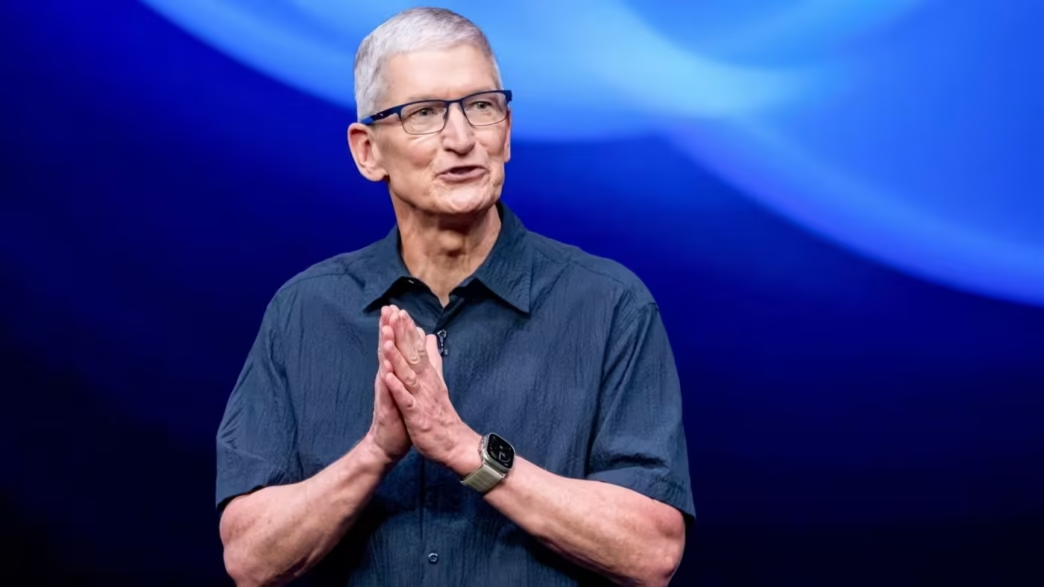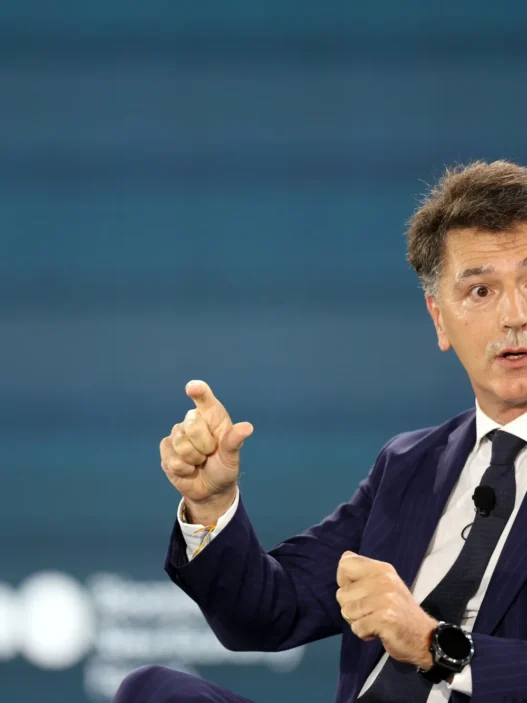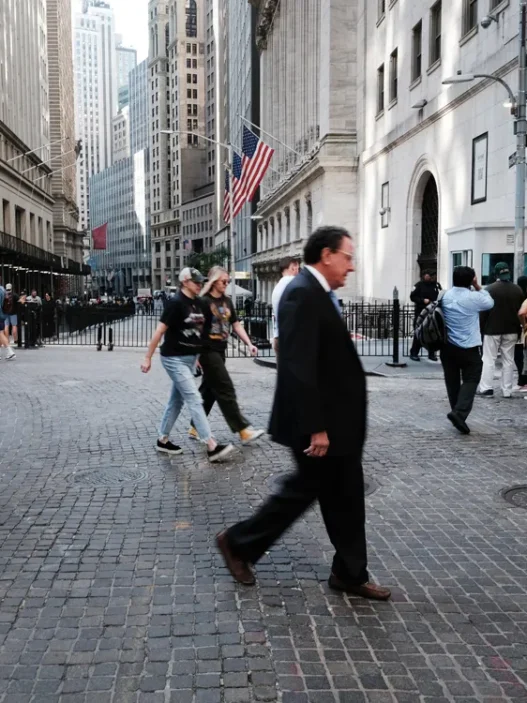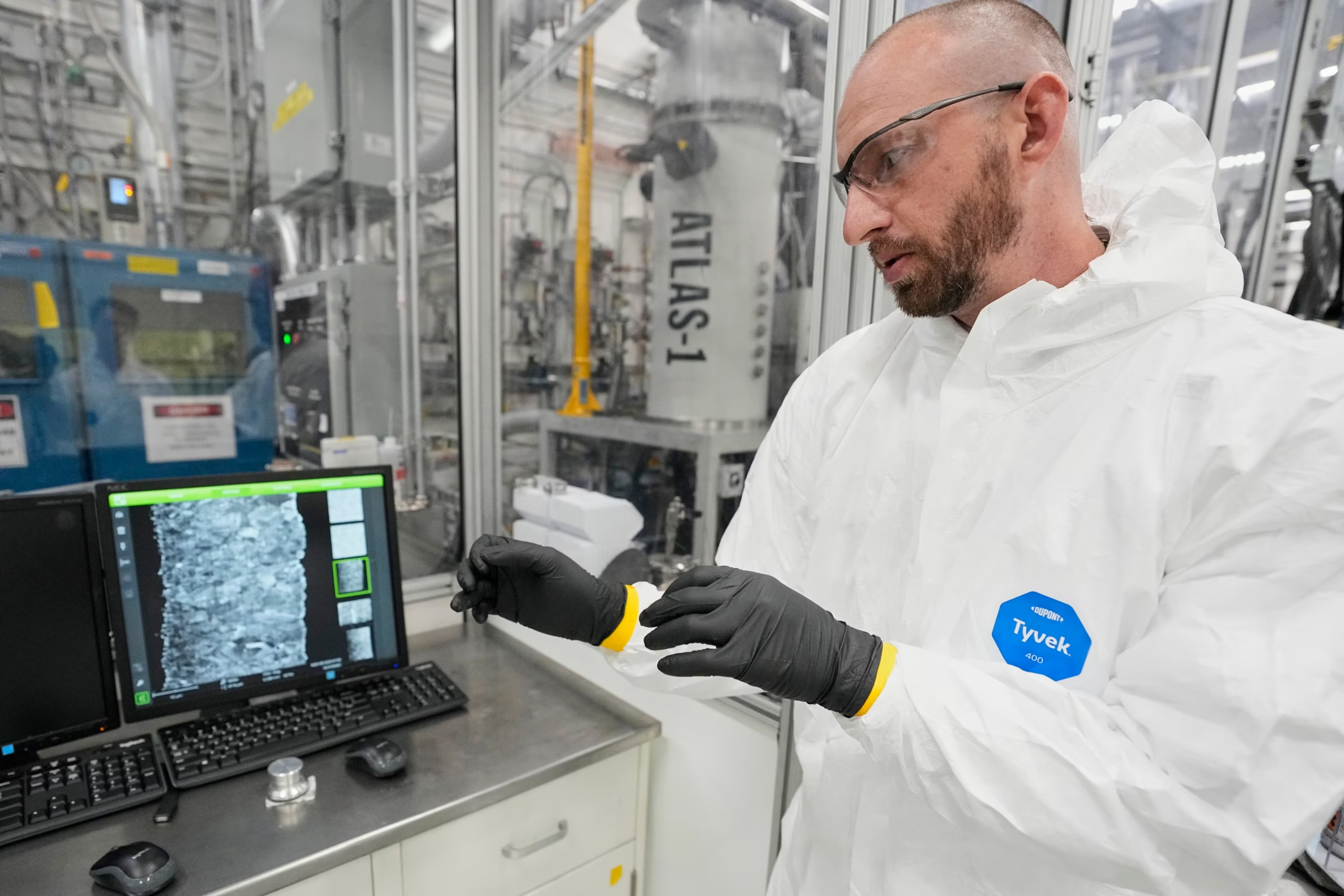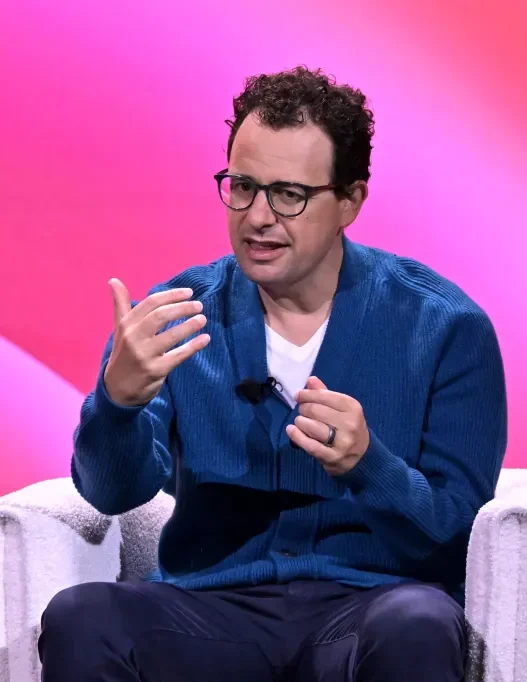Apple is quietly entering one of the most consequential phases in its modern history: preparing for life after Tim Cook. According to recent reporting, the company has intensified its executive succession planning and is evaluating a leading hardware executive as a potential successor. While Apple has navigated leadership transitions before, none since Steve Jobs has carried stakes this high.
Cook has presided over a decade of extraordinary growth, global expansion, and unprecedented stability. But with the company deep into a new era defined by artificial intelligence, spatial computing, and custom silicon, its board appears focused on ensuring a smooth, future-focused leadership transition.
Why Apple Is Moving Succession Planning to the Forefront
Apple’s board conducts succession planning regularly, but the latest acceleration suggests a more serious, structured push. Several factors are contributing to the urgency:
1. Long-Term Strategic Continuity
Under Cook, Apple shifted from a product-centric company into a diversified ecosystem spanning services, chips, wearables, and platform-based technologies. Ensuring continuity in this strategy—especially in hardware and silicon—is critical.
2. Apple’s Expanding Technological Footprint
The company’s ambitions in mixed reality, AI, healthcare, and augmented hardware platforms demand leadership with deep engineering understanding, global management capability, and the vision to navigate the next decade of innovation.
3. Investor and Market Expectations
Apple’s market value, profitability, and global supply chain influence mean that the transition to a new CEO must be perceived as seamless and credible. Succession stability is a financial necessity as much as an operational one.
4. Cook’s Longevity and Legacy
Tim Cook is not signaling an imminent departure—but he has held the role for over a decade. Apple, culturally disciplined and risk-averse, plans leadership transitions early and quietly to avoid disruption.
The Leading Candidate: A Hardware Visionary
While Apple rarely comments on internal personnel considerations, industry observers point to a senior hardware executive as a frontrunner in the succession process. This individual reportedly has:
- deep experience across Apple’s flagship product lines
- significant operational oversight
- long tenure within Apple’s engineering culture
- proven leadership during multiple high-profile product cycles
- an understanding of Apple’s silicon strategy and integration philosophy
Apple’s next CEO will not simply be an administrator—they must embody the company’s hardware-software-services fusion, a principle central to its product philosophy.
In recent years, Apple’s internal balance of power has shifted strongly toward silicon, hardware engineering, and device innovation. A leader from this domain signals Apple’s commitment to doubling down on its core strength: building tightly integrated hardware experiences at massive scale.
What Apple Needs in Its Next CEO
As the company prepares for its post-Cook era, a clear profile is emerging for Apple’s next chief executive:
1. Engineering Leadership at Scale
Apple is no longer simply shipping iPhones. It is building complex ecosystems around chips, sensors, displays, spatial computing platforms, wearables, and AR/AI interfaces. A CEO must understand these technological stacks deeply.
2. Operational Mastery
Tim Cook’s operational genius built the world’s most efficient supply chain. Apple’s next leader must maintain that discipline—particularly as geopolitical pressures reshape global manufacturing.
3. Strategic Vision for a Post-Smartphone World
The iPhone remains Apple’s revenue anchor, but future platforms—headsets, glasses, wearables, health tech, and AI-driven devices—will shape the next era.
4. Diplomatic and Global Capabilities
Apple operates at the intersection of technology, international regulation, finance, and geopolitics. The CEO must manage relationships with governments, suppliers, partners, and markets worldwide.
5. Cultural Stewardship
Apple’s internal culture—precision, secrecy, perfectionism, and long-term thinking—is one of its most valuable assets. A successor must preserve that identity while still steering the company into uncharted territory.
The Strategic Context: Apple’s Upcoming Challenges
Apple’s succession planning is unfolding against a backdrop of major shifts in the tech landscape:
AI Competition Intensifies
Rivals are accelerating AI-native devices and foundational models. Apple must define its own AI strategy—both within iOS and in hardware-enabled intelligence.
The Spatial Computing Push
The company’s mixed-reality headset marks the first step toward spatial computing. Turning this into a mass-market platform will require bold leadership.
Regulatory Pressures
Antitrust scrutiny, app-store reform debates, and global digital-policy shifts pose ongoing challenges.
Supply Chain Transformation
The company is expanding manufacturing in India, Vietnam, and other regions to diversify away from traditional hubs.
The leadership chosen now will shape Apple’s response for the next decade.
The Tim Cook Legacy: A Hard Act to Follow
Tim Cook’s tenure has been defined by:
- record-breaking financial growth
- the rise of the Services and Wearables divisions
- the creation of Apple Silicon
- a supply chain unmatched in efficiency
- the launch of new categories, including wearables and spatial computing
- a more sustainable, carbon-conscious corporate strategy
Where Steve Jobs was the visionary product creator, Cook became the builder of an empire.
The next CEO must be both: a visionary grounded in operational reality.
A New Chapter Begins—Quietly
Apple rarely reveals its internal deliberations, and the actual transition may still be years away. But the fact that the company is actively narrowing successors underscores a fundamental truth:
the post-Cook era is no longer theoretical—it is being shaped right now.
A hardware-driven CEO would signal a future where Apple doubles down on device innovation, vertical integration, and technological breakthroughs.
Whoever ultimately takes the reins will inherit one of the most influential roles in global business—and the responsibility to guide Apple into its next era of reinvention.


